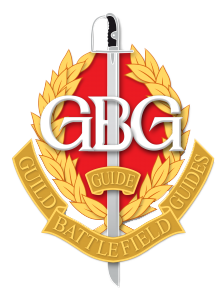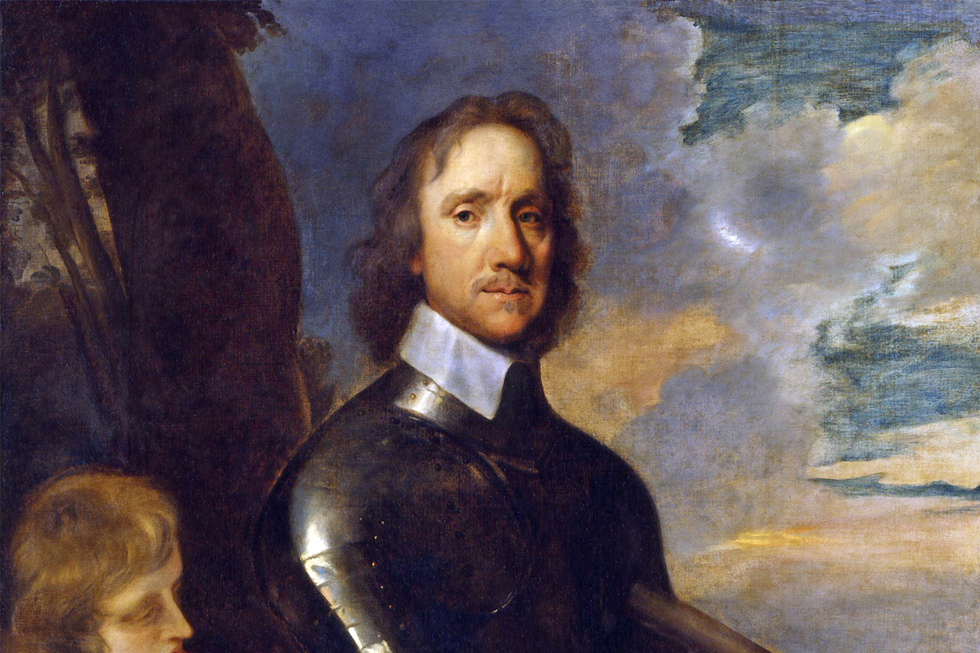It is only a couple of years ago since, due to Covid, Christmas celebrations, if not cancelled, were limited to small gatherings of immediate family members. But what if Christmas was cancelled altogether and you weren’t even allowed to celebrate privately in your own home?
Well it happened. The period in history that we in Huntingdon are particularly connected with is commonly referred to as the Civil War (1642-1651) and the period following when the country was a Republic ruled by Huntingdon man Oliver Cromwell.
There is much that would be familiar to us in the way that Christmas was celebrated in the 1600s. Christmas day was a public holiday, shops and workplaces were closed and
Christmas was the start of a period of twelve days of celebration (the twelve days of Christmas). Houses and public buildings were decorated, presents exchanged, specially brewed ales were drunk and larger quantities of food including plum pudding and turkey were eaten. However many people, particularly the more religious, disliked the extravagance and immorality and the sinfully and wrongfully enabling of the Christmas festival to give ‘liberty to carnal and sensual delights’. They also saw Christs Mass as the survival of a catholic festival with no biblical justification.
In 1644 when Christmas coincided with Parliaments monthly day of prayer and fasting a law was passed to ‘ban’ Christmas. However the ban was largely ignored as it was passed only a few days before Christmas and due to the fact that the war was still very much on the ban could not be enforced as not all the country was controlled by Parliament. It is not certain that Cromwell was present in Parliament when the law was passed, he was at the time one of the Parliamentarians senior army commanders
In 1645 a group of ministers appointed by Parliament published a new Directory of Public Worship which made clear that Sundays were to be observed as holy days but no other, including Christmas Easter and Whitsun were to be permitted.
By 1646 King Charles I cause in the Civil War was as good as lost. After defeats at Marston Moor in 1644, the loss of Bristol and defeat, just up the road from here, at Naseby in 1645, there was no part of the country that could truly said to be controlled by the King and whilst there may have been a lull in the fighting the King was secretly negotiating with anyone whom he thought could restore him to power. He was still King, he wasn’t executed until January 1649, but power now lay with Parliament and those controlling its workings.
The outright ban came in June 1647 when Parliament passed laws banning celebrations and festivities at Christmas and Easter and Whitsun even at home and whats more you could be fined for not complying! Cromwell was certainly not present at the time. He was in dispute with Parliament over the armies claims for pay. The 1647 prohibition technically remained in force throughout the period of the Republic until it was effectively repealed on the Restoration of King Charles II in 1660. However the reality is that the celebration of Christmas was too much part of life to disappear completely and there is evidence that it continue to be celebrated although in a more subdued manner.
What did this have to do with our man Oliver Cromwell? Very little actually. Whilst as a Puritan he may well have approved of the ban but there is no record of him expressing a view about it either when the laws were passed or whilst he was Lord Protector. The myth that Cromwell banned Christmas is just that; a myth.
In researching this article I am indebted to the Cromwell Museum in Huntingdon. You cant go far in researching the Cromwellian period without coming across their articles. in this case ‘Did Oliver Cromwell ban Christmas’. The museum is well worth a visit and I strongly recommend that you spend an hour or so there with the curator or the very knowledgeable volunteers. I also referenced an article ‘Cromwell Abolished Christmas’ from the University of Chester.


